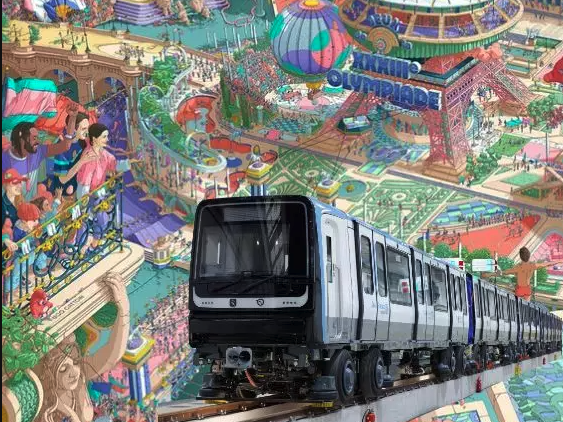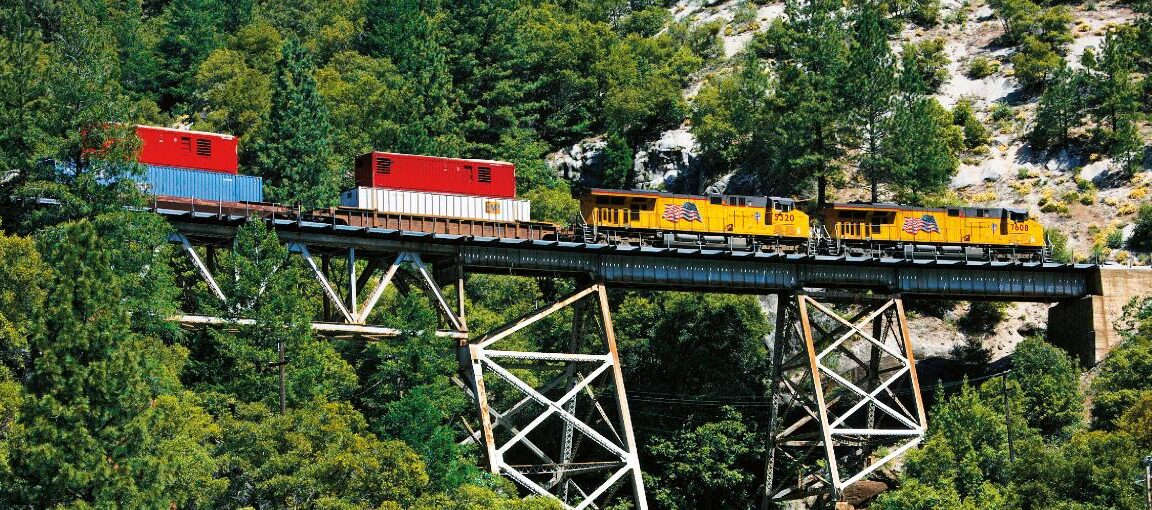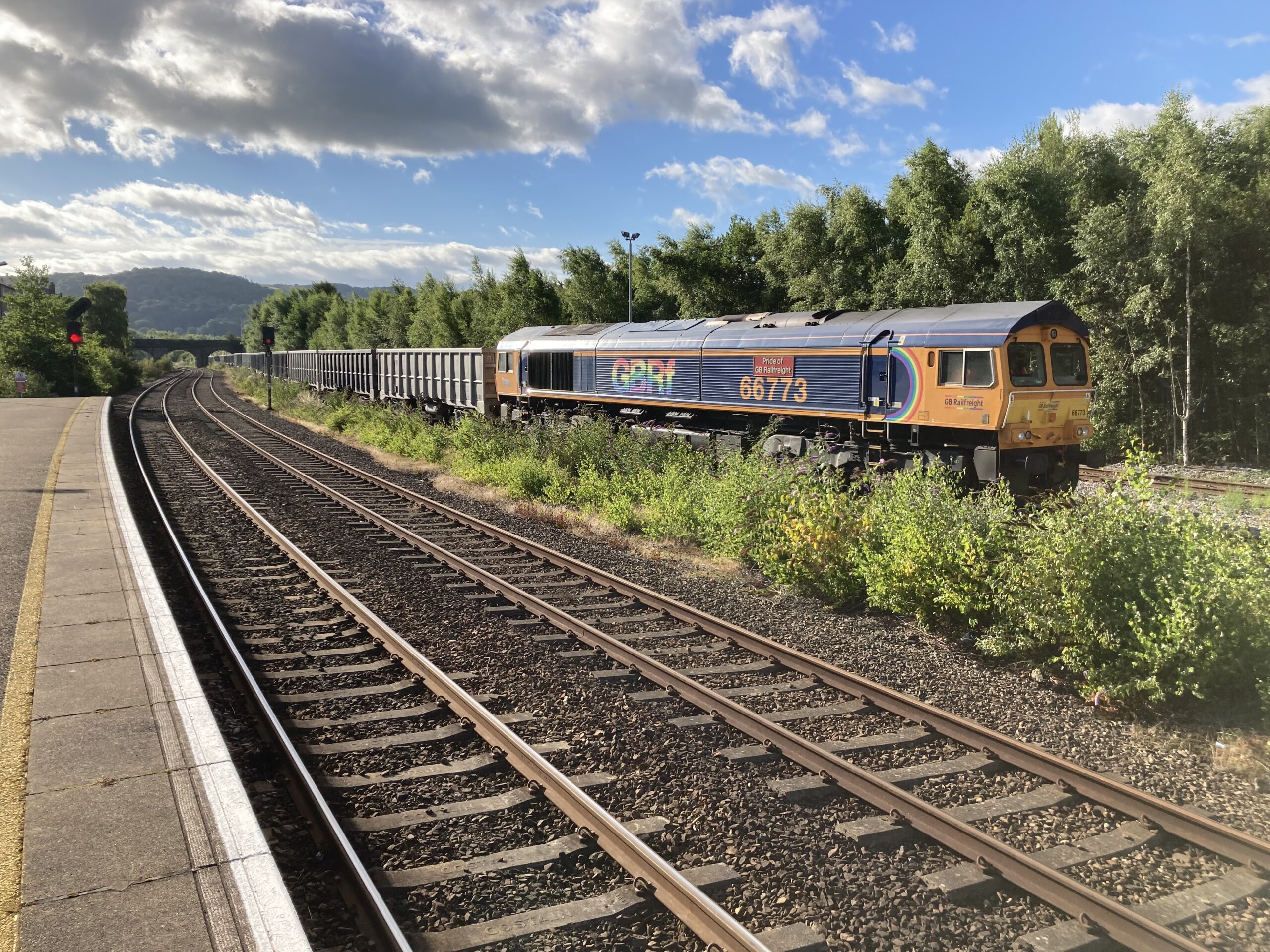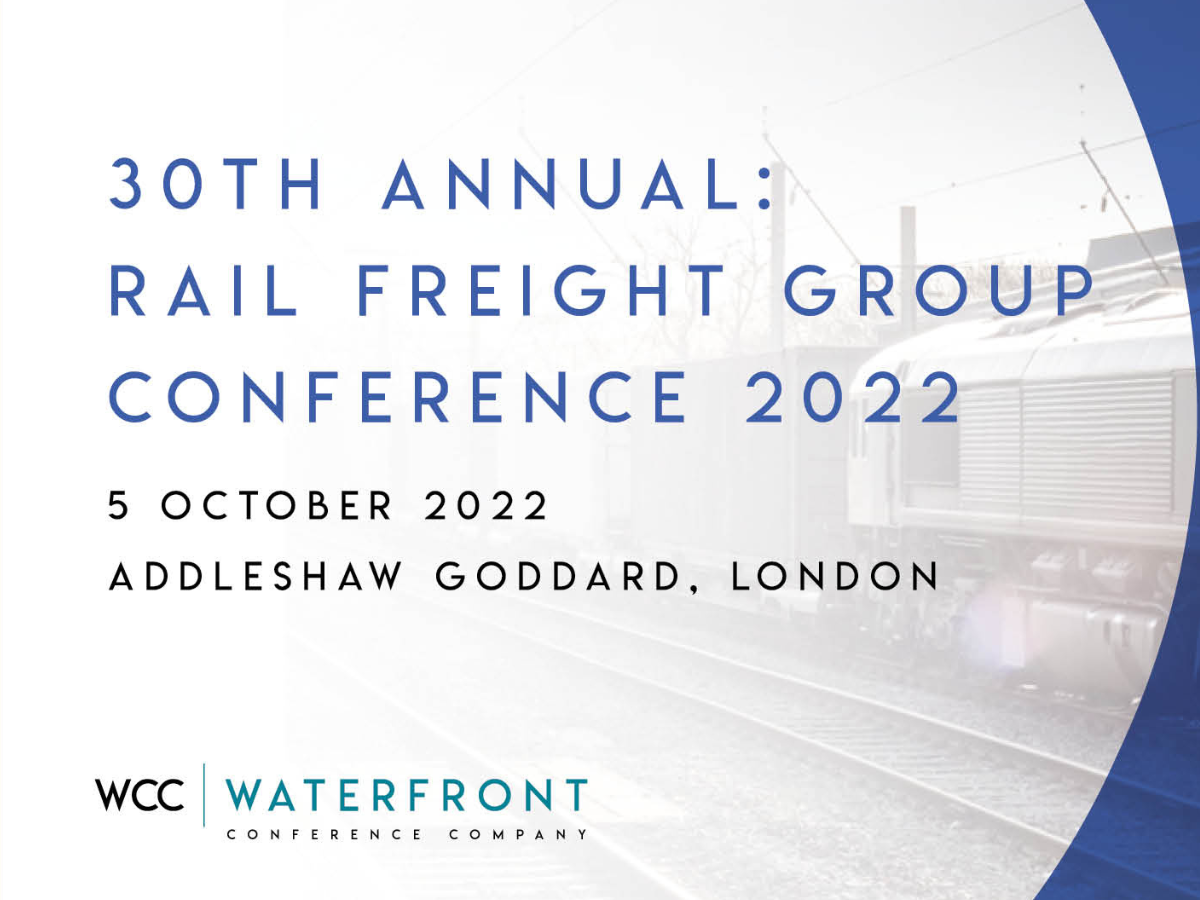Peter Füglistaler, Director Swiss Federal Office of Transport, describes what can be done to improve intermodal supply chains for a greener economy and explains how digital transformation can help achieve sustainable targets, driving the industry to be more competitive.
New initiatives promote the shift of freight transport from road to rail make Switzerland a pioneer in reaching green goals within the European framework.
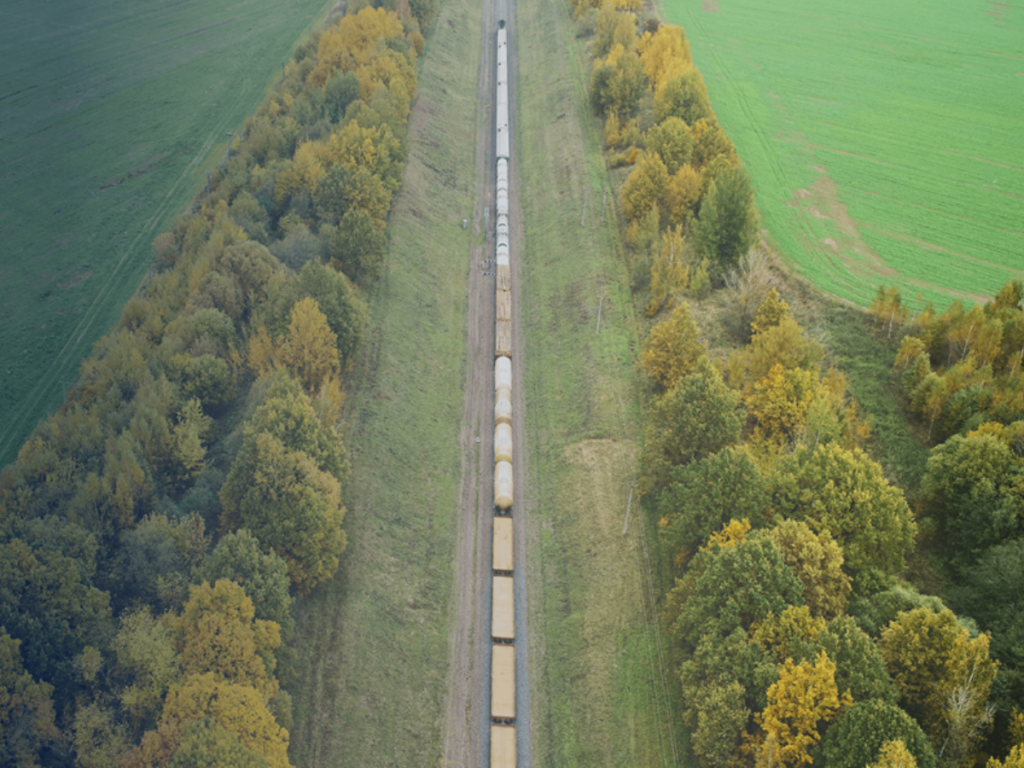
How can rail help public institutions and communities achieve sustainability targets in line with the increasing need to reduce truck traffic?
Freight transport by rail is around ten times more energy efficient and thus more climate friendly than transport by road. It therefore makes sense to promote the shift of freight transport from road to rail through a broad bundle of measures. Switzerland is playing a pioneering role in that respect and is supporting this policy within various international platforms, as well as within a European framework.
What can be done to improve intermodal supply chains and favour a greener economy?
Important measures include the expansion of rail infrastructure and the levying of an appropriate charge levied on freight transport on the roads. In Switzerland, the revenues derived from the heavy goods vehicle charge are largely reinvested in railways, meaning that the charge has doubled the effect to create a more sustainable transport system. Furthermore, the Confederation is making a substantial contribution to the construction of transhipment terminals, also abroad, if this can bring about a shift to rail in shipments passing through Switzerland.
What is the role of digital transformation in helping achieve these objectives? Specifically, how can automation drive the industry to become more competitive?
There is considerable potential in that respect. Today, rail freight is carried out in almost the same way as it was a hundred years ago. With automatic coupling and brake testing, rail freight transport can be made significantly more efficient. The Confederation is therefore looking to develop a means to provide financial support for these automation elements – in line with developments in the EU.
Download the complete interview here.
This article was originally published by Fincons Group.


